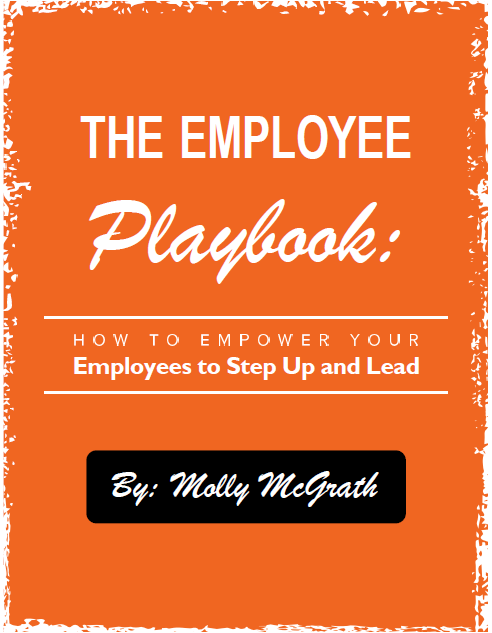 One of the worst things to happen to a good employee-boss relationship is a raise.
One of the worst things to happen to a good employee-boss relationship is a raise.
Too often in small businesses there is no formal structure around raises – when to give them, how they are calculated or who initiates the conversation. It usually happens something like this: Frustration begins to build in an employee who hasn’t gotten a raise in a couple of years. The employee isn’t mad but begins to think about it constantly. The frustration builds and the employee puts an “Employee Review” on the calendar with the boss. The boss sees this and immediately thinks “here it is; they want a raise.” Both parties come into the meeting with their guards up, having already had a mental conversation with themselves about the issue.
Instead of it being a true conversation, where there is talking AND listening involved, it’s more of a fencing session, where each side is deflecting anything that might sound like they are giving up their position.
And this is in a GOOD employee-boss relationship. Because there is no measurement or formula spelling out how to earn a raise, it creates an uncomfortable, awkward situation.
The worst result is that the boss gives a raise despite being unsure that the business can afford it, or that the position warrants it, because the boss does feel the employee is a hard worker and wants to avoid a confrontation and possibly a resignation. But again, because there is no expectation set about what the raise is for, the boss may start to regret it or be a little resentful of it. That raise might cut into what the boss is taking home, assuming that is any pay at all. (Really, it happens. We see business owners not paying themselves all the time.) The employee feels like the raise was appropriate based on the current role. The boss feels like the raise means the employee should step up to something more. And things go sideways.
As an employee, you should never request or receive a raise based on how hard you are working, how long you have been at a job or how long it has been since your last raise. These factors can be sources of frustration for sure. But for a business owner to feel comfortable that giving you a raise is a sound business decision, instead of resenting it, the raise should be for the value produced and/or for the value you will produce if the raise includes taking on new responsibilities. This allows both parties to be completely clear on any and all current and new expectations for the employee.
In Chapter 3 of “Don’t Be a Yes Chick,” we provide a template for requesting a raise that allows you to identify and articulate the value you will produce, and to put a monetary value on it. This allows the business owner to make a business decision about the Return on Investment. It removes the subjective and replaces it with the measurable. The boss is clear what the raise is for and the employee is clear what value the boss expects in return.
After all, do you really want a raise for “working harder?” How many times can you continue to “work harder” before you snap or burn out? Create more value, articulate it and let your boss make a good business decision.
To learn more about hiring and keeping great employees, join our free webinar Essentials to Hiring and Keeping Great Employees on February 19th at 4ET. Click here to register.

